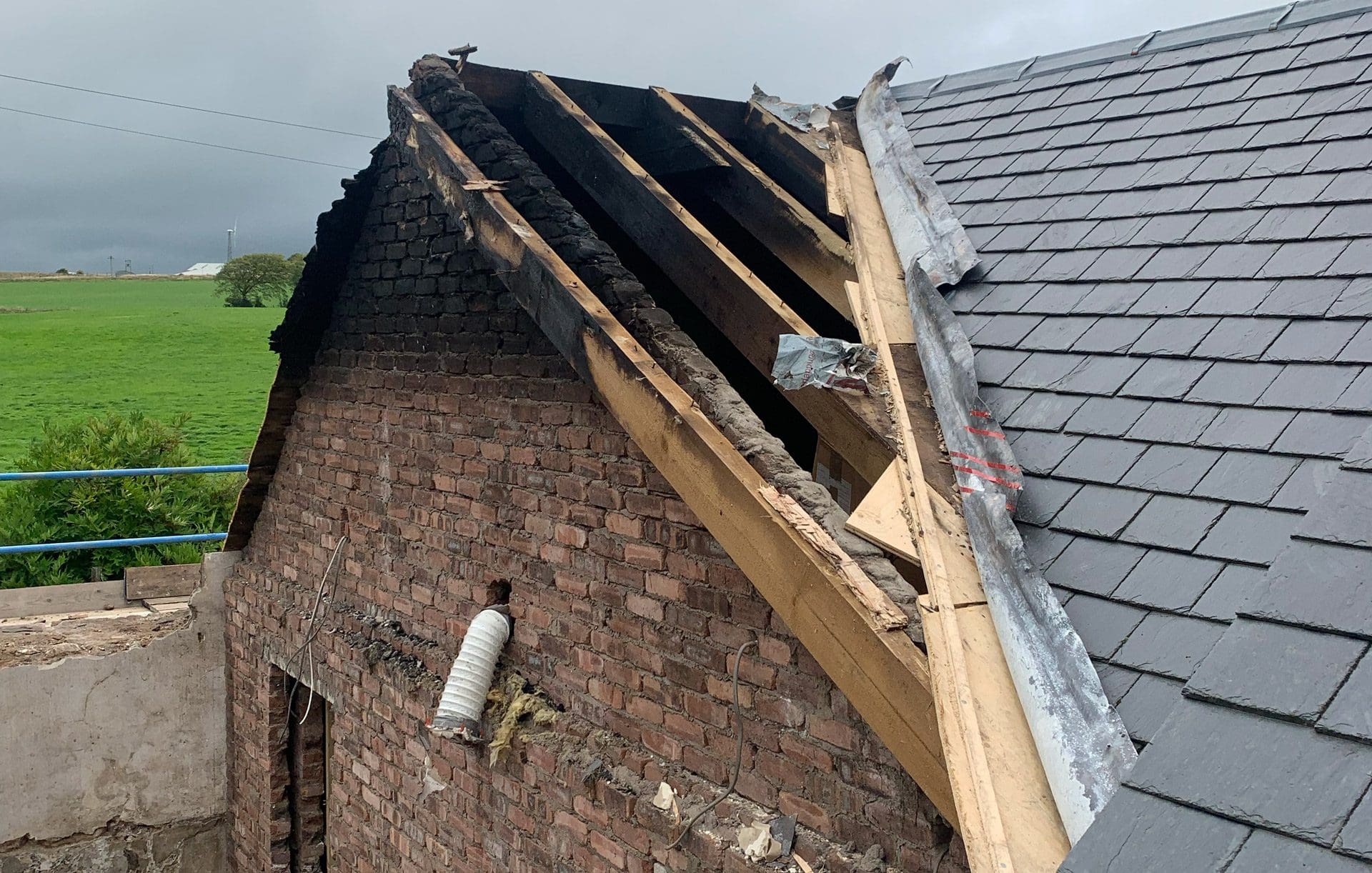It’s essential that everyone has buildings and contents insurance on their domestic or commercial property. Fire, flood, or theft of expensive items can run into thousands of pounds and structural damage can be extremely costly to fix.
All homes with a mortgage will have buildings insurance as a condition of the mortgage – but you should always make sure that your premium is paid on time annually or monthly. A broker can often find the best policy for your circumstances.
Claiming on your house or business insurance is something to be carefully considered. When you take out an insurance policy you’ll be asked if you have made any claims in the last three years, and by answering yes, it could increase your premium as you’ll see as higher risk by the insurer, so you should weigh up whether the pay-out you receive will be worth the potential increase in future costs. In addition, your policy is likely to have an excess – usually between £100 and £250 per claim, so make sure pay-out is going to be more than this before starting the process.

Making a claim is a simple process. However, when going ahead with a claim you must ensure you’re being as honest and truthful as possible otherwise you could invalidate your claim.
When making a claim, it’s likely that you will need receipts of any damaged or stolen items – and your policy may require that you specify items over a certain value – such as diamond jewellery, watches, and expensive computers. When making a big purchase, keep the receipt or a photograph of the order details in case you need them.
It is also important to regularly maintain your home and belongings. You should have your boiler serviced each year, regular roof and gutter inspections and maintenance, your electrics safety checked and working fire alarms that adhere to the current legal requirements. For example, in Scotland, you now need to have interlinked fire alarms, a heat alarm in the kitchen and a carbon monoxide all installed. If you fail to do this, you may struggle to have a claim approved. It’s not unusual for insurance companies to turn down claims where the property hasn’t been maintained properly.

As soon as you need to make a claim, don’t delay calling your insurance company as there will be a time limit from the date of the event. Large claims will need to be handled as soon as possible, especially after a fire or flood.
If an incident has caused damage to items, don’t throw these away. An insurance inspection may need to include these in the assessment so wait until you are told you can dispose of them. In addition, don’t redecorate or employ tradespeople until the insurance company has approved this.
Before submitting your claim, take photographs of what has happened and the damage that has been caused. You could also take a short video as evidence.
When making a large claim, it is likely that a loss adjustor will visit the property and approve any works or purchases to replace damaged items.
